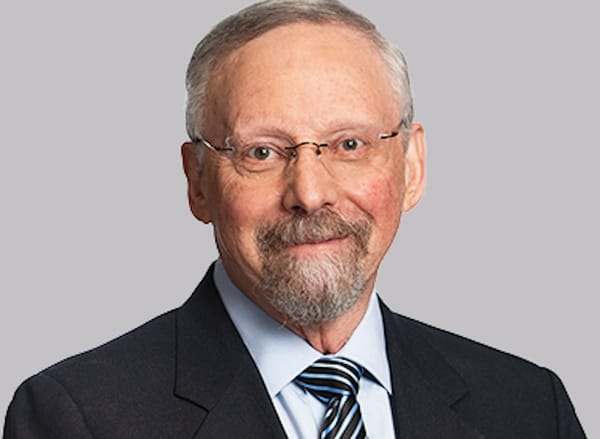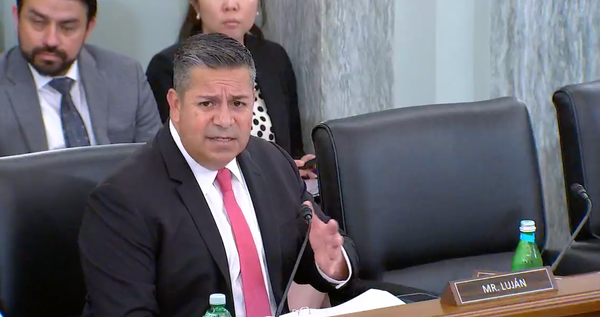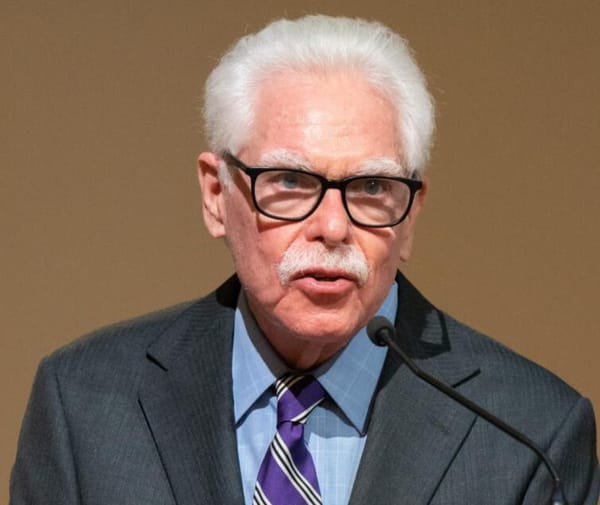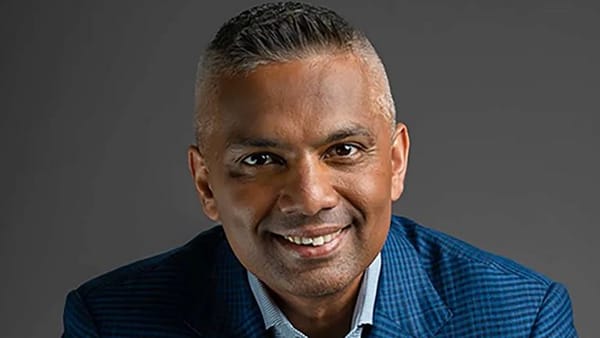Sen. Ed Markey Celebrates Telecom Act as Telecom Lawyers Tell Congress to Be Specific
February 2, 2021 – Democratic Sen. Ed Markey’s communications policy focus this Congress will be on net neutrality, children and climate change, the long-serving Massachusetts lawmaker said at a Federal Communications Bar Association event Tuesday to celebrate the 25th anniversary of the Telecommuni
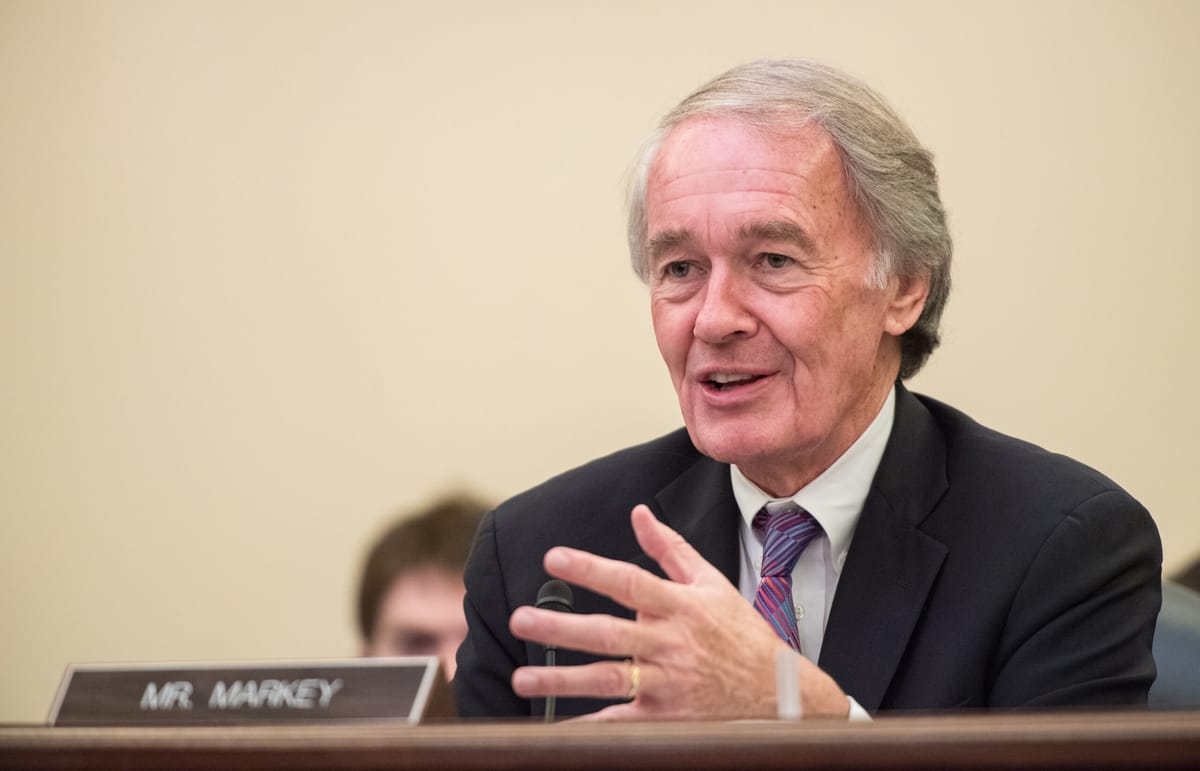
February 2, 2021 – Democratic Sen. Ed Markey’s communications policy focus this Congress will be on net neutrality, children and climate change, the long-serving Massachusetts lawmaker said at a Federal Communications Bar Association event Tuesday to celebrate the 25th anniversary of the Telecommunications Act.
Reminiscing on the 1996 landmark legislation during his keynote, Markey focused on broadband accessibility and affordability, especially for children. He praised the Federal Communications Commission’s E-rate program, which subsidizes broadband access for schools and libraries.
But Markey also linked broadband to concern about climate change, highlighting the concern about how miles of broadband cable conceivably could be under the sea due to receding coastlines.
Most of all, he pushed on net neutrality. He said it was a major issue, and much-needed to prevent big companies from stifling smaller competition or consumers’ access to the internet.
Senator Markey’s remarks led into a panel discussion about the impact of the Telecommunications Act since it became law.
During that discussion, former FCC Commissioner Michael O’Rielly said that Congress needed to be more specific about what it does or doesn’t want the FCC to do. Too little specificity can lead the FCC to write bad rules that Congress doesn’t like.
John Nakahata, who worked for FCC Chairman Reed Hundt at time of the Telecom Act’s passage, agreed. Too much ambiguity by legislators has caused huge headaches for the FCC. For example, the very issue of net neutrality exists because of uncertainty about whether broadband should be classified as a Title II telecommunication service: It wasn’t, and then it was under former president Barack Obama, and then it wasn’t again.
O’Rielly said that more leeway was granted to the FCC in the past because Congress had faith in their ability to enact legislation. But legislators’ trust in the FCC has eroded.
Randolph May, president of the Free State Foundation, said that FCC regulation should look like antitrust law. He said it should be through incentives that competition is promoted, rather than through Title II regulation.
Former FCC chief of staff Ruth Milkman expressed desire to see funding for FCC programs, such as the E-rate program, used to maximum benefit where they are needed most.
The panelists agreed that legislation needs to address where technology is headed, rather than looking backward to solve past problems.


